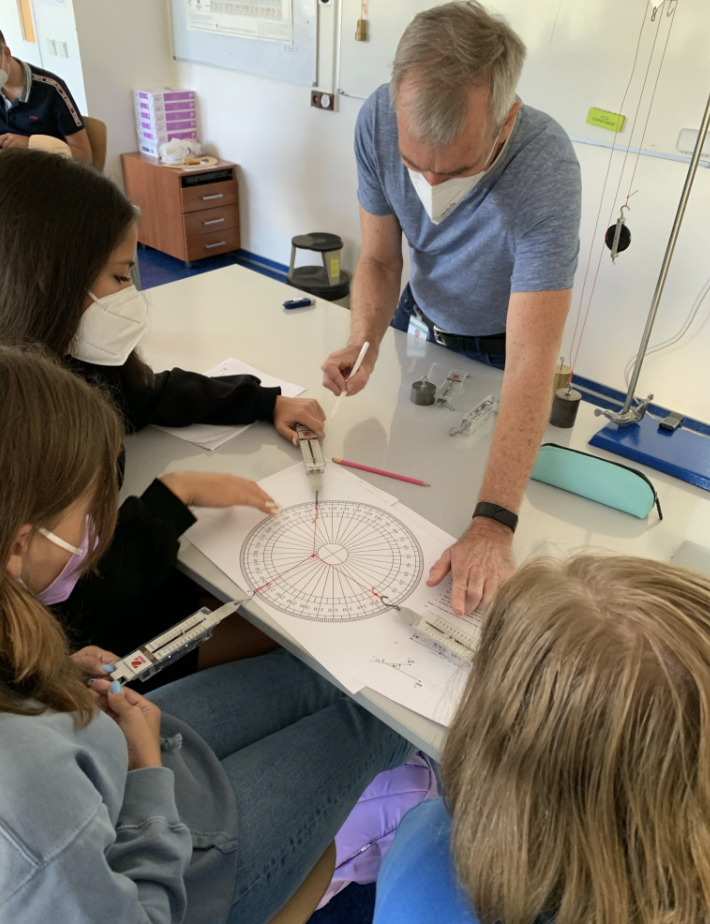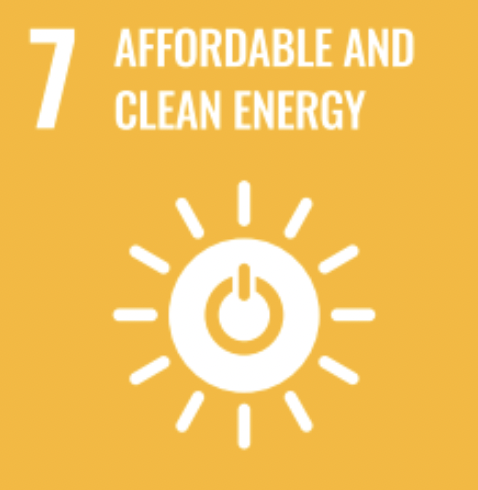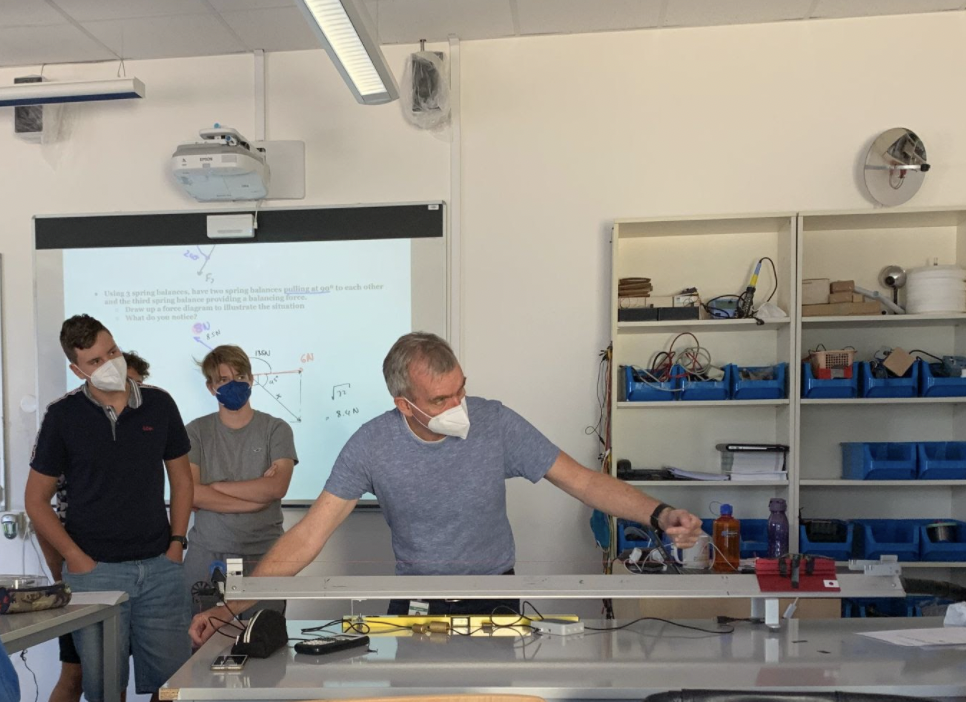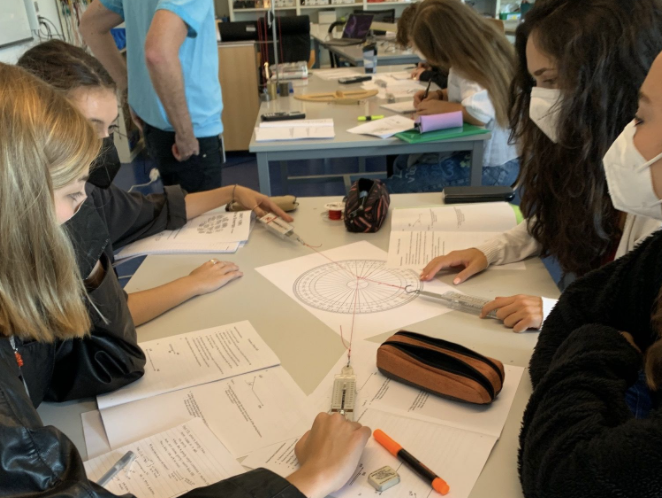There is an urgency for all of us, scientists and all citizens to have the understanding, skills, and the will to tackle our greatest global challenges. ISP’s mission is to Inspire, Engage, and Empower ALL Learners to be curious, competent, compassionate changemakers.

In line with our mission, Grade 10 learners are further developing as Chemists and Physicists, through the lens of the pressing issue that humankind faces: sustainable energy production. In examining fossil fuels and where they come from, how chemical energy is converted to heat energy, electrical generation and viable alternatives, Grade 10 students will learn to
- debate, discuss and understand the major issues facing the planet caused by global temperature increase, the product of the enhanced greenhouse effect;
- quantify their own personal contribution to greenhouse gas emissions by analyzing the energy use in their own homes; and
- formulate plans as to how they are going to contribute to the solutions.
Building a solid understanding of the science of how our increased use of fossil fuels has increased the greenhouse gases, the central cause of the current climate crisis, was how Mr. Druce, Mr. Pacelli and Mr. Thornley launched the Grade 10 course. As Mr. Druce shared, “there’s a problem with the way we’re getting energy. Like the kitchen, if you don’t clean it, there will be problems.” Having provoked these young scientists to recognize the urgency of this global challenge, the students understand the significance of the key chemistry and physics concepts and skills they are developing.
To study and address challenges we face in the area of energy production, learners need to deeply understand forces and be able to measure, calculate and manipulate them. Students are currently engaging in a number of labs and simulations to determine net force, energy transfer, and energy density of different fuels as well as how to use power ratings to estimate the energy used in kilowatt-hours.

Why should I care about this goal?
For many decades, fossil fuels such as coal, oil or gas have been major sources of electricity production, but burning carbon fuels 789 million people around the world lack access to electricity produces large amounts of greenhouse gases which cause climate change and have harmful impacts on people’s well-being and the environment. This affects everyone, not just a few. Moreover, global electricity use is rising rapidly. In a nutshell, without a stable electricity supply, countries will not be able to power their economies.” – UNSDG
These learners know what they’re learning and why it is significant (and urgent) for them to do this learning. We look forward to talking more with these young physicists and chemists as they start to apply the necessary skills and concepts to tackle the global challenge of affordable and clean energy sources.






















